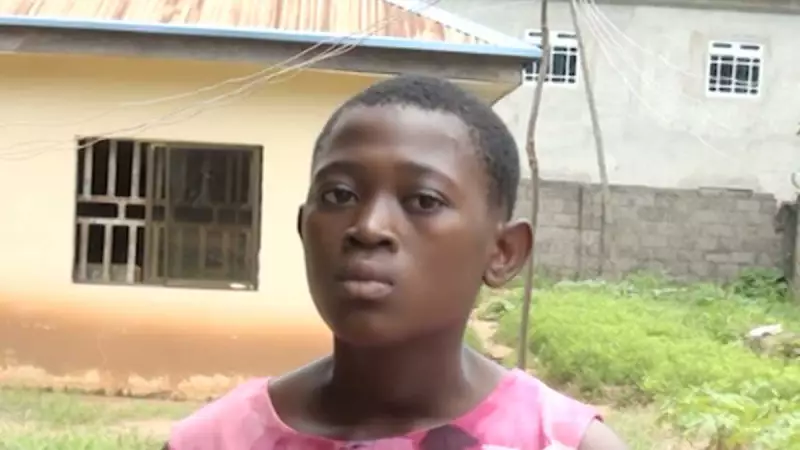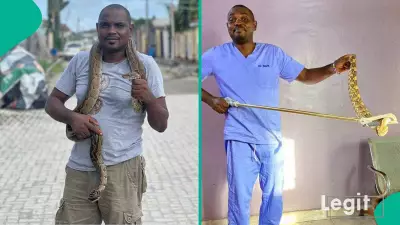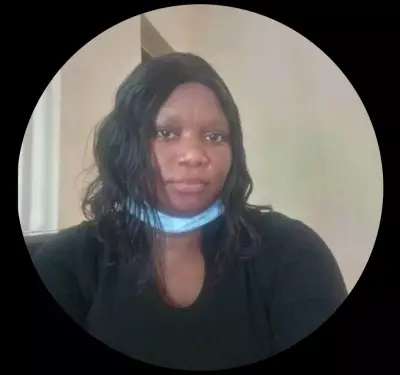
In the quiet corners of Nigerian hospitals, a silent epidemic continues to devastate the lives of thousands of women, their stories whispered in shame and hidden from public view. The tragic case of Ochanya represents just one voice in a chorus of suffering caused by Vesicovaginal Fistula (VVF), a preventable condition that has become Nigeria's shameful healthcare secret.
The Hidden Scars of Childbirth
VVF, an abnormal opening between the bladder and vagina, remains one of Nigeria's most pressing yet underreported health crises. This devastating condition primarily affects young women and girls from impoverished backgrounds, leaving them with chronic incontinence, social isolation, and lifelong trauma.
Medical experts confirm that Nigeria bears the heaviest VVF burden globally, with approximately 20,000 new cases emerging annually. The majority of these women face their condition alone, abandoned by husbands and ostracized by communities that misunderstand their condition.
Systemic Failure and Social Stigma
The roots of this crisis run deep into Nigeria's healthcare infrastructure. Many rural areas lack proper emergency obstetric care, forcing pregnant women to travel dangerous distances during complicated labors. When they finally reach medical facilities, they often encounter understaffed, under-equipped centers unable to provide timely interventions.
The social consequences are equally devastating:
- Young women branded as "unclean" and forced into isolation
- Educational dreams shattered as girls drop out of school
- Economic dependence created when women cannot work
- Mental health crises including depression and suicidal thoughts
Ochanya's Journey: A Case Study in Neglect
Ochanya's story mirrors countless others across Nigeria. Married young and facing pregnancy without adequate medical support, she developed VVF after prolonged obstructed labor. Like many survivors, she endured years of suffering before accessing treatment, her youth stolen by a condition that modern medicine could have prevented.
"They called me names, said I was cursed. My husband left me, and I thought my life was over," shares Ochanya, her voice trembling with remembered pain.
The Path to Healing and Hope
Despite the grim statistics, hope persists through dedicated fistula treatment centers and advocacy organizations working across Nigeria. These facilities not only provide surgical repair but also offer rehabilitation programs, vocational training, and psychological support to help survivors rebuild their lives.
Key solutions needed to combat this crisis include:
- Expanding access to emergency obstetric care in rural areas
- Implementing comprehensive sex education and family planning services
- Increasing government funding for VVF prevention and treatment programs
- Launching public awareness campaigns to reduce stigma
- Training more healthcare professionals in fistula repair surgery
A Call to Action
The persistence of VVF in 21st century Nigeria represents a moral failure that demands immediate attention. While individual stories like Ochanya's highlight the human cost, they also underscore the urgent need for systemic healthcare reform.
As Nigeria strives toward achieving its Sustainable Development Goals, addressing the VVF crisis must become a national priority. Every woman deserves access to safe childbirth and dignity in health—a right that remains elusive for far too many Nigerian women today.
The time for action is now, before more young lives are destroyed by this preventable tragedy.





